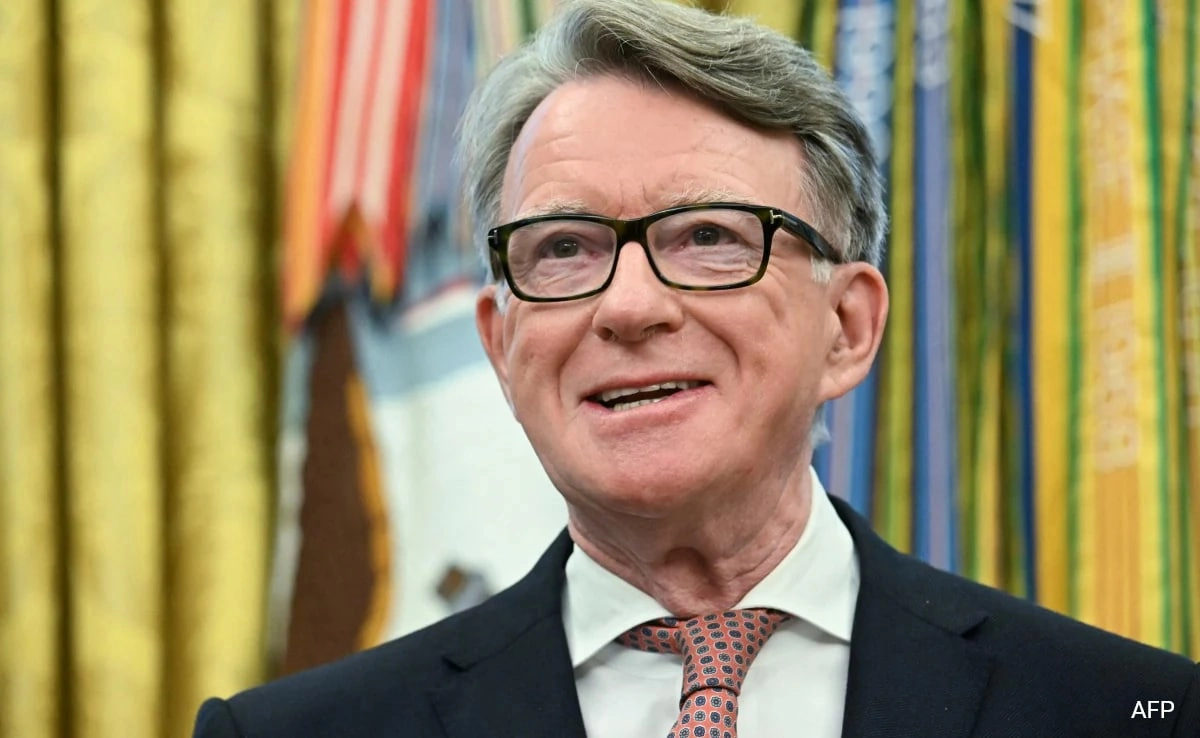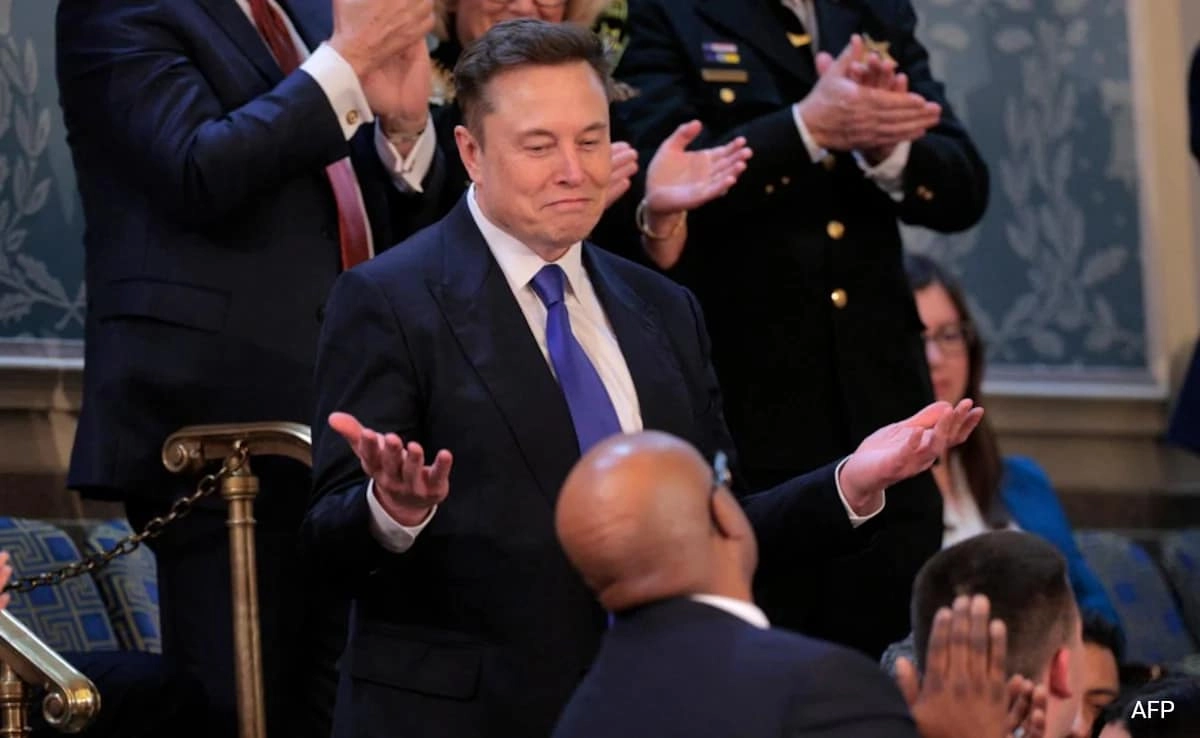In a recent revelation, it has come to light that a UK diplomat sent a particularly affectionate email to Jeffrey Epstein shortly before the financier’s 2008 guilty plea for sex offenses. The email, which conveyed a sense of admiration, has raised eyebrows and sparked discussions regarding the nature of relationships between powerful individuals and those implicated in serious criminal activities. The correspondence, described as showing a personal connection, highlights the complexities surrounding Epstein’s network and the influence he wielded.
The diplomat’s message, which included phrases indicative of respect and fondness, suggests an unusual rapport with Epstein, a figure who had already begun to attract scrutiny for his dubious associations and actions. This correspondence not only sheds light on the diplomat’s perspective but also raises questions about the ethical boundaries of diplomacy and personal relationships in the context of individuals facing serious allegations. Critics argue that such interactions can undermine the integrity of diplomatic roles, particularly when one party is embroiled in criminal behavior.
As the fallout from Epstein’s actions continues to reverberate through various sectors, including politics and finance, this email serves as a reminder of the intricate web of relationships that can exist at high levels. It emphasizes the need for transparency and accountability among those in positions of power, especially when engaging with individuals who have been accused of heinous crimes. The diplomatic community is now faced with a critical examination of how personal connections can intersect with professional responsibilities, prompting a broader discussion about the implications of such relationships in international affairs.
Overall, this incident underscores the ongoing impact of Epstein’s legacy, prompting renewed scrutiny of the associations he maintained and the potential consequences for those who interacted with him. The revelations about the UK diplomat’s email contribute to the narrative of accountability, urging a closer look at how personal and professional lines blur in the corridors of power, particularly in the face of serious wrongdoing. As further investigations unfold, it remains to be seen how this will affect diplomatic norms and the expectations placed on those representing their nations on the global stage.




